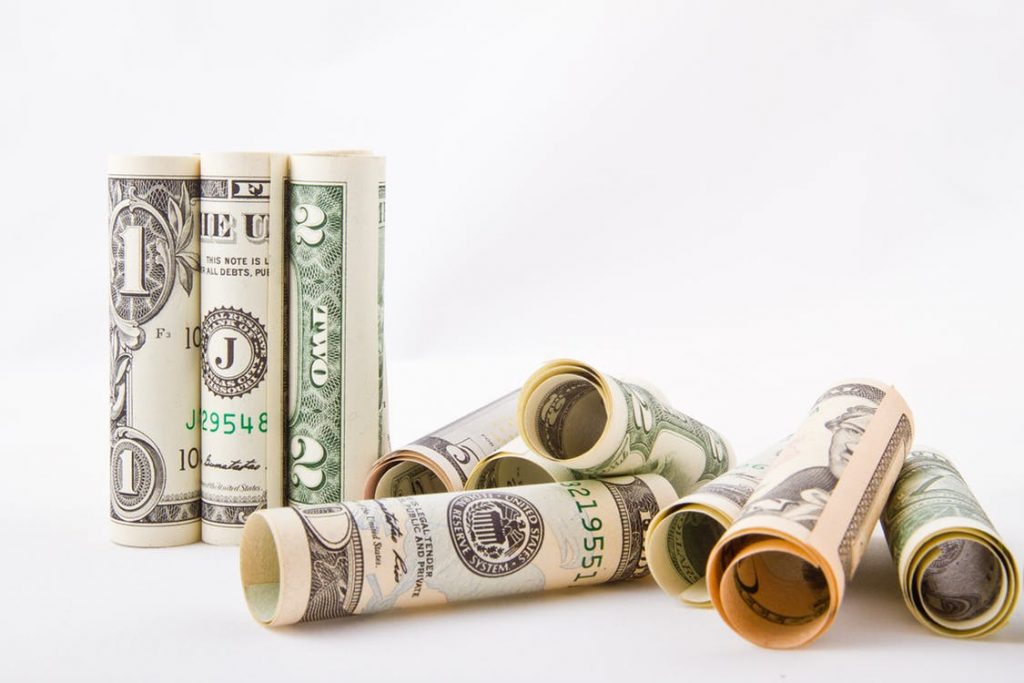More than half of wealthy U.S. investors expressed optimism in their country’s economy and market performance, a new survey revealed.
In the survey by UBS Group found that 57% of the respondents have a sunny outlook on the American economy. This study, conducted in March, targeted more than 3,600 high-net-worth investors and entrepreneurs in 17 countries, investors with a minimum of $1 million in investable assets.

On the other hand, 29% of the respondents said they are neutral about U.S. equities while 14% say they were pessimistic.
US investors showed the greatest bias on the domestic economy in the Americas with 56% of the respondents expressed optimism on their own economy against 37% on the global economy. This is despite 56% of them were also concerned about the politics of their country and 49% about the national debt.
On a global scale, 51% of investor respondents had a sunny view of the global economy compared to 21% with a gloomy outlook. Business owners were particularly positive as 62% of them were optimistic and only 15% were pessimistic. Moreover, 68% of business owners and 60% of investors displayed optimism in their own region’s economy.
Investors also displayed confidence in stocks as 56% per cent of them were bullish in their own regions against 49% on stocks globally.
Nearly two-thirds (74%) of wealthy investors saw the recent market volatility as an investment opportunity against 67% who were still cautious about the volatility witnessed in the last quarter of 2018. Close to half (42%) of investors planned to increase their investments in the next six months while 17% planned to invest less. Many investors also showed interest in sustainable investing, comprising 27% of portfolios, up from 22% five years ago.
Business owners also showed confidence in the global economy. Globally, 74% were optimistic about their ventures while 37% planned to invest more compared with only 10% who intended to reduce their investments. Nearly one-third of them (31%) were planning to hire more over the next 12 months as against 12% who intended to downsize.













